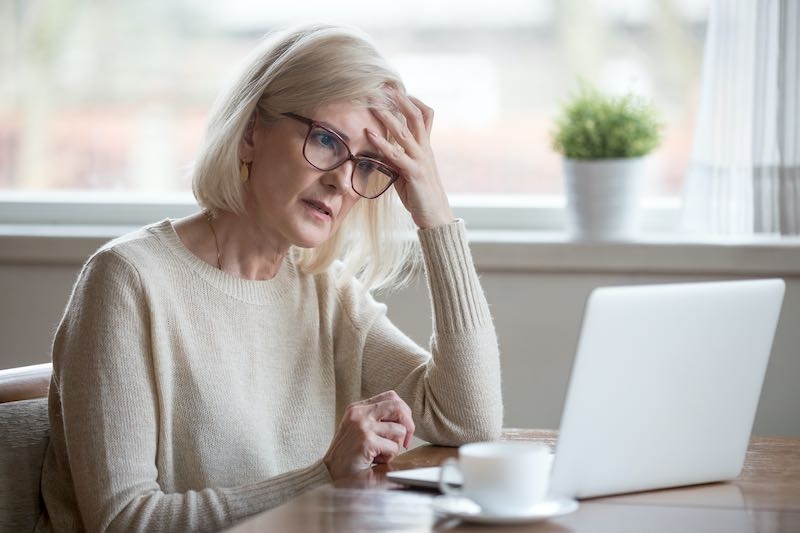A major consumer survey has found that nearly one in four people (24%) are only “just about getting by financially” post pandemic while 8% are struggling to manage.
Women, renters and mid-lifers aged 45-54 reported being particularly badly hit by the Coronavirus pandemic.
The survey for Hargreaves Lansdown found that women were more likely to be struggling than men and they scored lower on every financial resilience metric from worrying about debt and concerns about their mental health to building up an emergency savings fund or saving for retirement.
HL’s survey of over 10,000 consumers found that two-thirds of people (67%) also worry about their mental health and wellbeing, either every day, most days or sometimes.
More than half (55%) of people worry about a sudden, large drop in their household income.
Statistics come from a nationally representative survey of 10,030 UK adults by Focaldata for HL carried out in June.
Sarah Coles, personal finance analyst, Hargreaves Lansdown, said: “The UK is bouncing back, but while millions of people are rebounding into working and spending as usual, women, renters and mid-lifers have proved far less financially resilient. There’s a real risk they’re being left behind by the recovery.
“Despite the increasing return to business as usual, there are some financial issues which still make around half of us anxious: 45% of people worry about debt at least sometimes, while 54% are worried their income will fall and 44% are concerned about bills. More than half are worried about saving for retirement (58%) and building a savings pot to cover emergencies (54%).
“Meanwhile, a staggering two-thirds of people (67%) worry about their mental health and wellbeing. According to the Office for National Statistics, personal wellbeing measures – such as anxiety and life satisfaction - have yet to recover to their pre-pandemic level.
“However, some groups of people have been hit harder than others, and many of them aren’t bouncing back at all. Women, renters and those aged 45-54 are particularly vulnerable.”
Almost four in 10 women (37%) say they are just about getting by or struggling to manage, compared to 29% of men. Some 61% of women are concerned about a sudden reduction in their household income, versus 48% of men.
HL says that women have lower average salaries and smaller pensions than men, so this may partly explain why they also have lower financial resilience. According to the FCA, 51% of women show one or more characteristics of vulnerability compared to 40% of men.
Mid-lifers aged 45-54 had the highest percentage of people describing their household finances as “just about getting by” or “struggling to manage”, at 43%. A sudden drop in income, saving for emergencies and saving for retirement are particular pain-points.
Redundancies have hit this age group hard, says HL. According to the ONS, 35-49 year olds had the highest redundancy level during the pandemic, followed by the 50+ group. Employees over 50 are more likely to have seen a reduction in their working hours due to Covid, and older workers who become unemployed are more likely to become long-term unemployed than younger workers.
One in eight (13%) of workers aged 50 and over say they have changed their retirement plans, such as retiring later, according to the ONS.
The survey also found the better off were faring much better post pandemic. For those earning more than £150,000, 45% describe their finances as excellent, compared to just 3% of those earning less than £15,000 a year.

